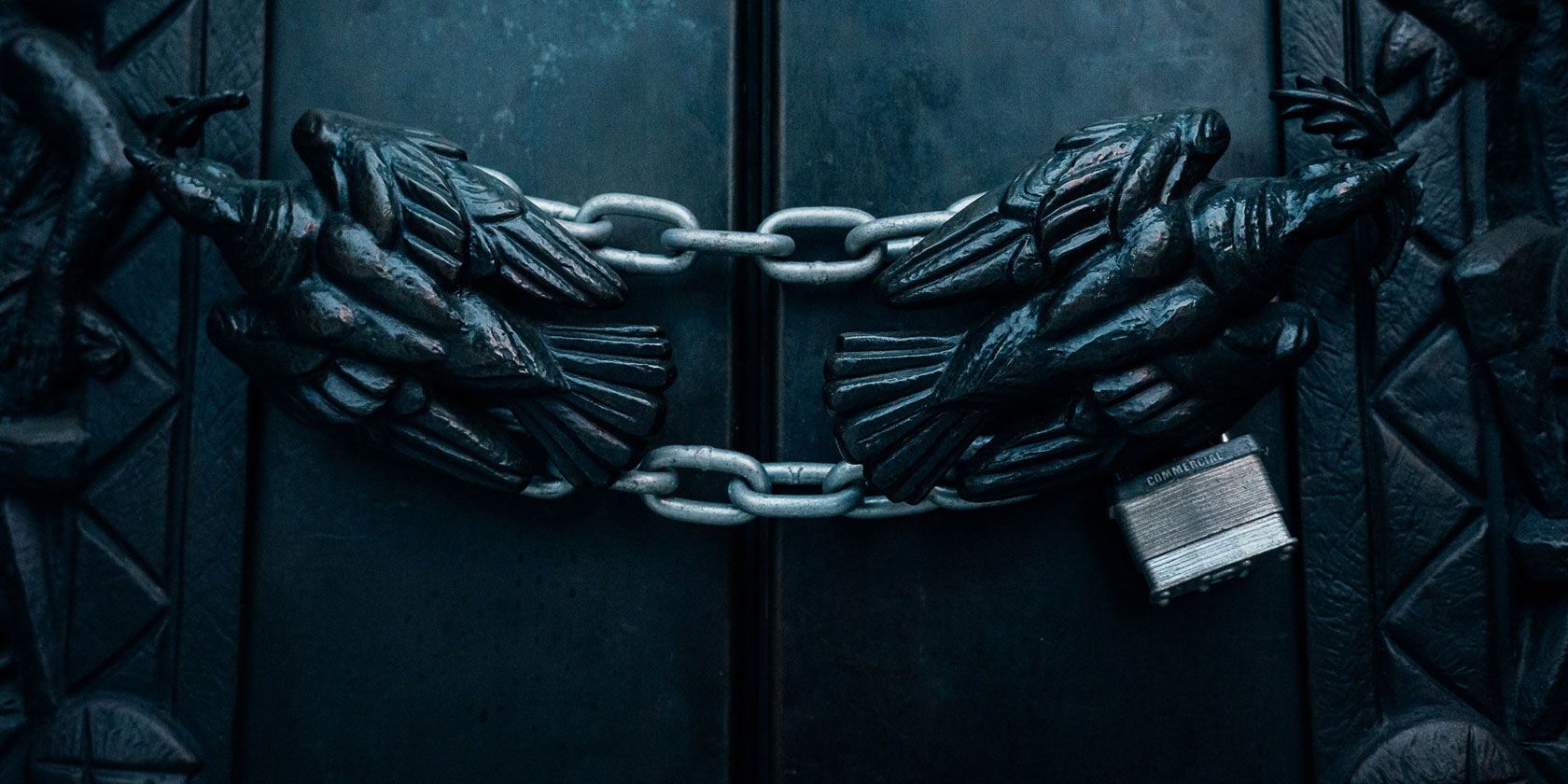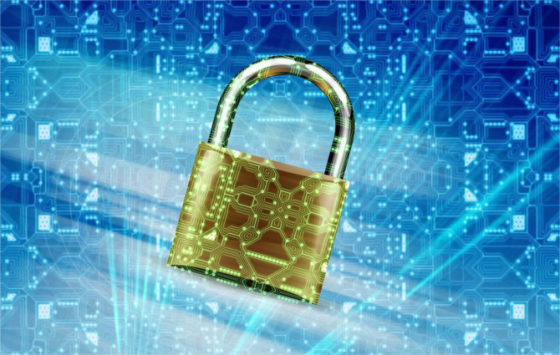Data breaches are, by far, one of today's biggest and most threatening problems for not only commercial businesses, but consumers and governments too. With the growth of the general use of the internet, data breaches have increased at an alarming rate.
Today, breaches are commonplace and are viewed as part of the normal day-to-day. But what can you do about this? Here are some easy ways to protect your data from the threat of a data breach.
1. Use Access Controls
Many commercial data breaches occur due to the poor use, misuse or complete absence of access controls. Although it is true that many breaches occur due to flaws in IT infrastructure, just as many occur because of inadequate access controls.
Even with the most expensive, robust and impenetrable IT infrastructure, a lack of access control will provide cybercriminals with an open door.
Access controls---both physical and virtual---add a protective layer to your data. They manage who can access certain areas either within a physical location or on a system, and when. Without access controls, if a malicious party gains access to your systems undetected, they can then begin to read and steal sensitive information and personal data.
Although the use of access controls alone is not always enough, it is a simple first step.
Consumers should not ignore the importance of them, either. Fingerprint or PIN locks on a phone or a secure password protecting a desktop computer are basic access controls.
2. Securely Manage Your Identity Documents
It is not only online where you need to be aware of and protect yourself against data breaches. Cybercriminals regularly operate offline and try to source information which they can then use to launch a virtual attack. On the most basic level, compromising yourself offline can be just as damaging as compromising yourself online.
To that end, make sure that you are properly disposing of old documents such as bank statements and tax records that you no longer need. If something contains your Social Security Number, destroy it when you are finished. If you need your social security card for something, don't carry it in your wallet alongside your bank cards.
It is the basic management of your personal physical information like this which can prevent your offline mistakes from transferring to the online world.
3. Keep Tabs on the Latest Cybersecurity News
If you are unaware of the potential threats you may face, you will struggle to fend them off. Cybercrime is constantly evolving, and cybercriminals are always developing new ways to dupe regular people into disclosing their data.
What once were obvious phishing emails are now beginning to look extremely authentic and have reportedly even tricked cybersecurity professionals. Furthermore, other problems such as advanced computer viruses and cryptojacking are plaguing millions of unsuspecting peoples' computers worldwide.
By reading up on the latest in cybersecurity every so often and protecting your PC using robust and trusted antivirus software, you keep yourself consistently aware of the current threats and are better equipped to fight them off.
What If Things Do Go Wrong?
Although properly managing your personal information, being aware of the latest cybersecurity threats and using access control methods are key ways to protect yourself or your business, things do (and probably will at some point) go wrong.
If one day you receive notice that a website you use has suffered an attack and that your data has been compromised, there are several things you should immediately do to protect your interests.
The big problem with data breaches is the "maybe" factor---that is, that your data may have been stolen and that any stolen data may have been sensitive. The only people who know what has been stolen are the attackers, unfortunately. If you are part of a large-scale data breach the chances are that you'll be fine, but that doesn't mean you should be complacent.
Taking Action in Case of a Data Breach
It always helps to determine what was stolen. Although you can never know for certain, think about what type of information was stored on your account. Not all data us usable, but you are more at risk if you used a compromised site.
For example, was it less sensitive information such as your name and street? Very little can be done with this. However, once information such as email addresses, dates of birth and card information is at risk, immediate action is needed.
Not only should you change your passwords after a data breach---especially on sites where you use the same password---but you should also contact your bank, credit providers and credit bureaus to check that your identity hasn't been compromised. Major credit bureaus such as Experian and Equifax let you set up fraud alerts and freeze your credit, too.
With proper management of your information, secure passwords backed up by two-factor authentication and the proper utilization of systems designed to alert you should things go wrong, your identity and information will always be secure, even when things go wrong.
Data Breaches Aren't Going Anywhere
And they are only going to get worse.
Even though end-users aren't typically the target of a corporate, or government data breach, they can still be affected.
Today, we live in a world powered by data… it has even been hailed as more valuable than oil. It is good practice for businesses of all sizes to prevent data breaches, and fortunately most understand this.
That being said, it is still important for individuals to be aware of them and their potential risks. This is particularly true if an individual is well-connected to a prominent company, industry, or is notable for other reasons.
Concerned that your data may have fallen into the wrong hands? Check our list of the biggest data breaches of 2018.


